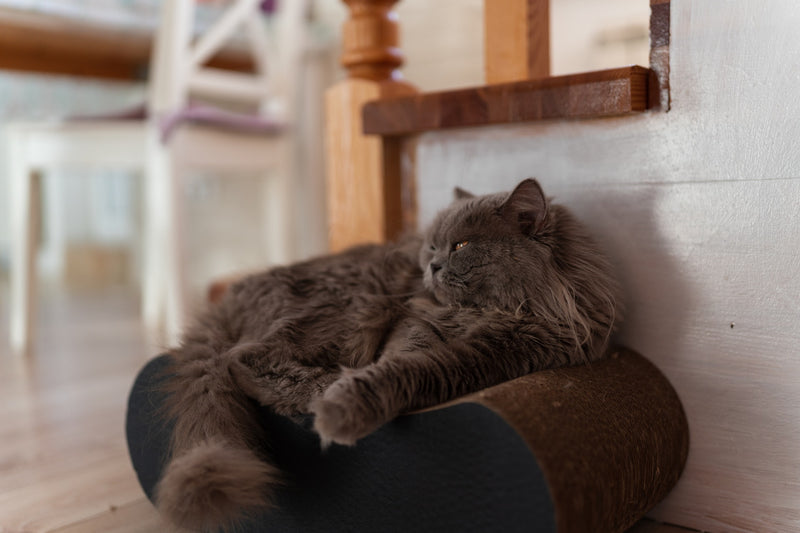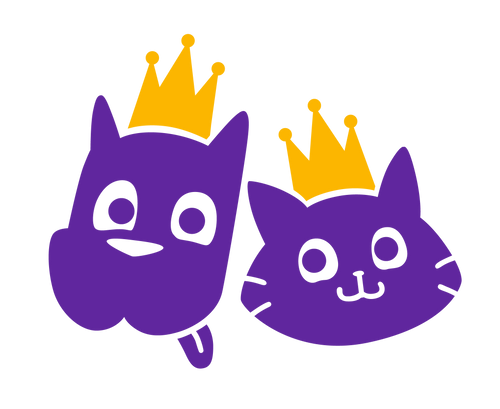
Hairballs are hair that accumulates in the esophagus or stomach and is not digested there for the cat needs to vomit it up to get rid of it. Normally, any hair ingested by your cat will pass through the cat’s intestinal tract and is expelled in the litter box. Cats can vomit a hairball up every week or two.Hairballs are cylindrical in shape due to their trip up the narrow esophagus, but this differs from cat to cat. Hairballs can be up to five inches long and an inch thick but generally are only about an inch long.
What to do if your cat has Hairballs?
If your cat is frequently coughing/vomiting up hairballs you should definitely contact your veterinarian, but here are some treatments you can try if your cat is prone to this issue:
- Prescription diets: you should speak to you veterinarian about options for food additives or prescription food if your cat has difficulty expelling hairballs.
- Laxatone: this is an oral gel that helps with hairballs to pass through the cat’s GI tract.
- Over the counter hairball diet: Royal Canin Adult Hairball Care and Hills Science Diet Feline Hairball Adult Mature 7+ are a few over the counter diets that are high in fiber and help keep the GI motility normal and help control hairballs in cats.
Signs of when hairballs become a serious problem
Hairballs that become lodged in a cat’s digestive system cause intestinal blockage. These are some symptoms to be aware of when it comes to serious hairball problems:
- Lack of appetite
- Swollen abdomen
- Frequent dry hacking
- Lethargy or lack of interest in playing
- Constipation, diarrhea or conversely
- Overly matted fur - a cat with hairballs may lose interest in self grooming

